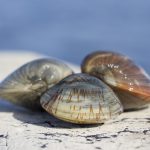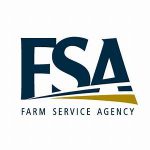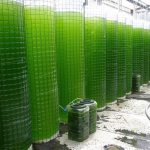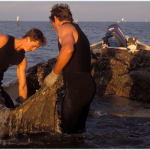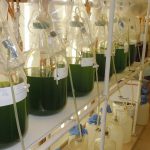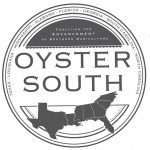
2020 Oyster South Symposium is Coming Soon
The 4th Annual Oyster South Symposium is being held on February 21-23, 2020 in Wilmington, North Carolina. Sponsored by Oyster South, Inc. (a non-profit dedicated to advancing oyster aquaculture in the southern US), this event brings together producers, gear suppliers, distributors, chefs, food writers, vendors, researchers, students and managers from the southeast region to discuss pressing issues and relevant, practical research on oyster aquaculture. Registration is now open and includes admission to all informational sessions (all day Friday and Saturday), all breaks, lunch on Friday & Saturday, the ‘Shuck and Tell’ on Friday night at Wrightsville Beach Brewery, a new awards


